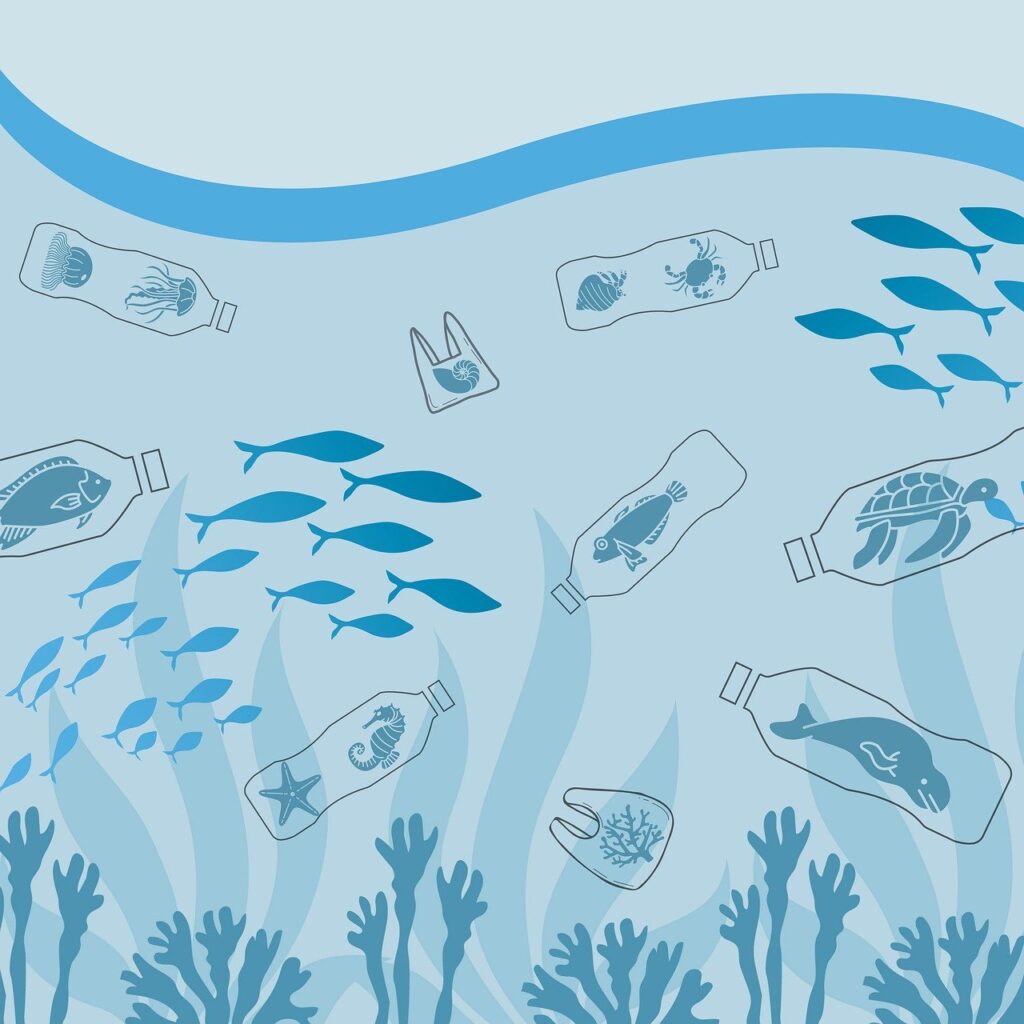Introduction:
As the global plastic pollution crisis deepens, several countries and regions have taken innovative measures to tackle the problem of single-use plastic. By implementing policies and encouraging sustainable practices, they have successfully reduced plastic waste and its impact on the environment. In this article, we will explore some inspiring case studies and examples of countries and regions that have effectively reduced single-use plastic usage, with a particular focus on the widespread adoption of reusable bags, or gbags, as a key component of their success.
1. Rwanda: Leading the Way with a Plastic Bag Ban
Rwanda is renowned for its stringent measures in tackling plastic pollution. In 2008, the country imposed a complete ban on single-use plastic bags, becoming one of the first countries to do so. Retailers stopped providing plastic bags, and travelers were required to surrender any plastic bags upon entry. This bold move resulted in a significant reduction in plastic waste and contributed to a cleaner environment. Instead of plastic bags, Rwandans embraced reusable bags, such as gbags, for their shopping needs, setting an example of a plastic-free nation.
2. California, USA: Pioneering the Plastic Bag Ban
In 2014, California became the first state in the United States to enact a statewide ban on single-use plastic bags. The ban encouraged the use of reusable bags, like gbags, for grocery shopping and other purposes. As a result of this measure, the use of plastic bags decreased substantially, leading to a positive impact on the environment. This success inspired other states and regions to follow suit in implementing similar plastic bag bans.
3. European Union: Enforcing the Single-Use Plastics Directive
In 2019, the European Union (EU) adopted the Single-Use Plastics Directive to combat plastic pollution effectively. The directive targeted the ten most commonly found single-use plastic items on European beaches, including plastic cutlery, straws, and plates. EU member states were required to take measures to reduce their consumption and encourage the use of alternatives, including reusable bags like gbags. This collective effort has contributed to a significant reduction in single-use plastic usage across the EU and demonstrated the power of coordinated action in addressing environmental challenges.

4. Bali, Indonesia: Local Initiatives for a Plastic-Free Island
Bali, a popular tourist destination known for its beautiful beaches, faced severe plastic pollution. To combat this issue, local communities and businesses took matters into their own hands. Many hotels and restaurants began offering incentives to guests who brought their own reusable bags and containers. In addition, several villages on the island initiated campaigns to reduce single-use plastic waste. These efforts collectively contributed to a reduction in plastic pollution, making Bali a model for other tourist destinations seeking to tackle the plastic problem.
5. South Australia: A Leader in Plastic Bag Ban
In 2009, South Australia became the first state in Australia to ban single-use plastic bags. The ban was later followed by other states in the country. South Australians swiftly adapted to the use of reusable bags, including gbags, which became a popular choice for shopping. This collective change in consumer behavior led to a substantial reduction in plastic bag usage and significantly minimized plastic waste.
Conclusion:
The success stories of Rwanda, California, the European Union, Bali, and South Australia demonstrate the potential of effective policies and collective actions in reducing single-use plastic usage. These regions have inspired individuals and governments worldwide to take responsibility and implement measures to combat plastic pollution.
Central to their success is the widespread adoption of reusable bags, such as gbags, which have proven to be an eco-friendly alternative to single-use plastic bags. As more countries and regions continue to embrace sustainable practices, the global movement to reduce plastic waste gains momentum.
By encouraging the use of gbags and supporting plastic bag bans, we can all play a part in protecting our environment and creating a sustainable future for generations to come. Let these success stories serve as a beacon of hope and motivation, inspiring us to take proactive steps towards a cleaner, greener, and plastic-free world.
